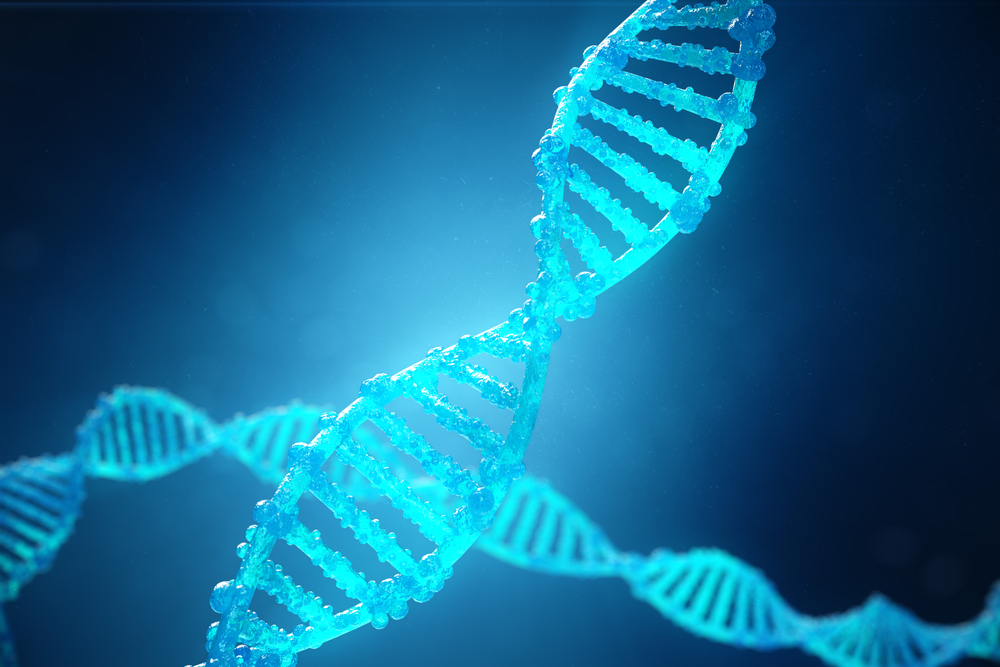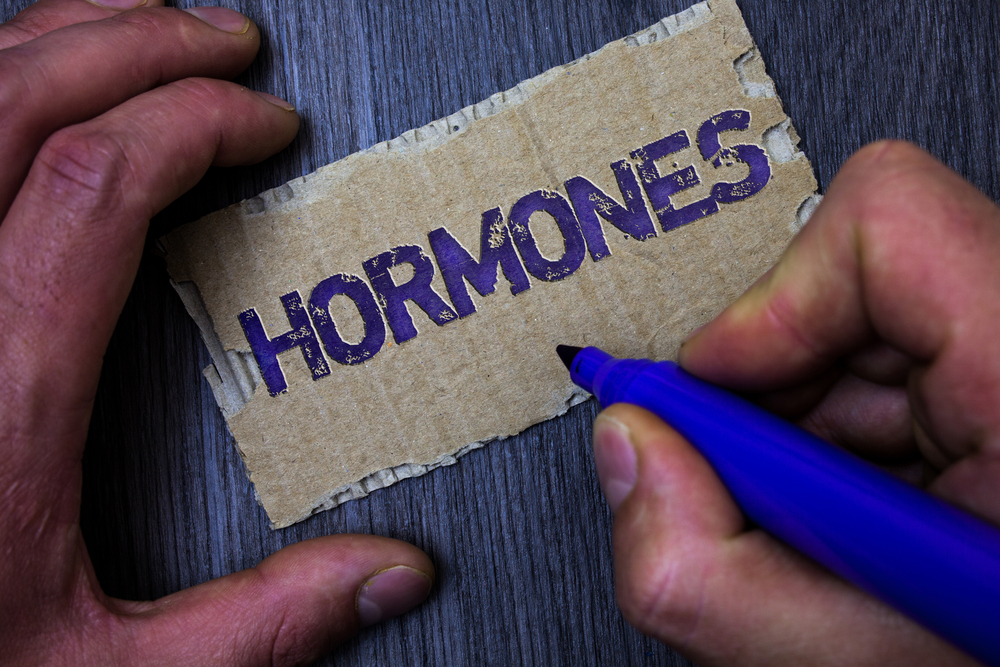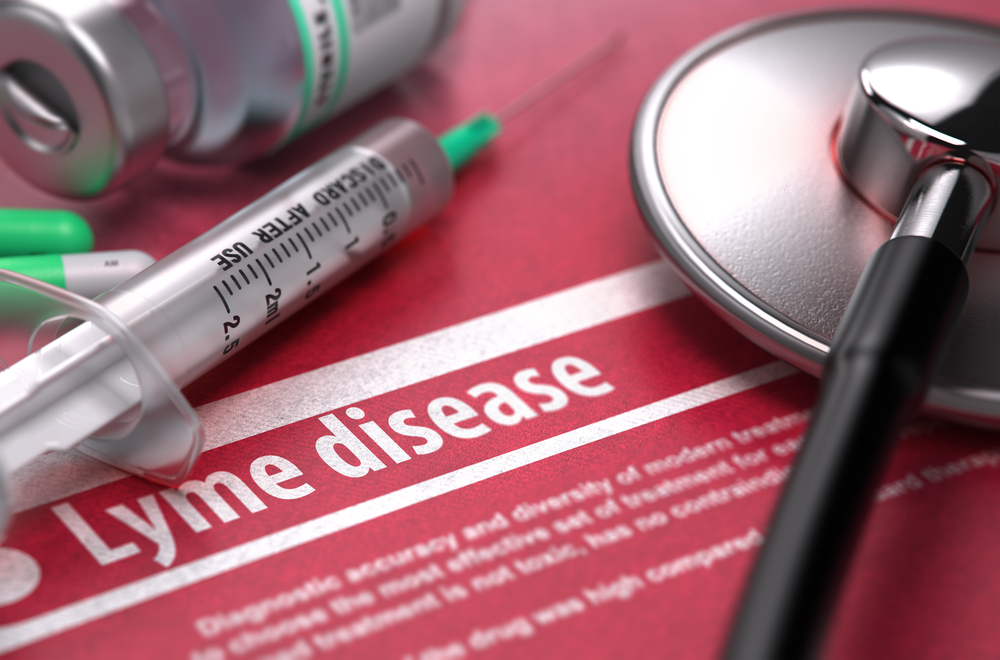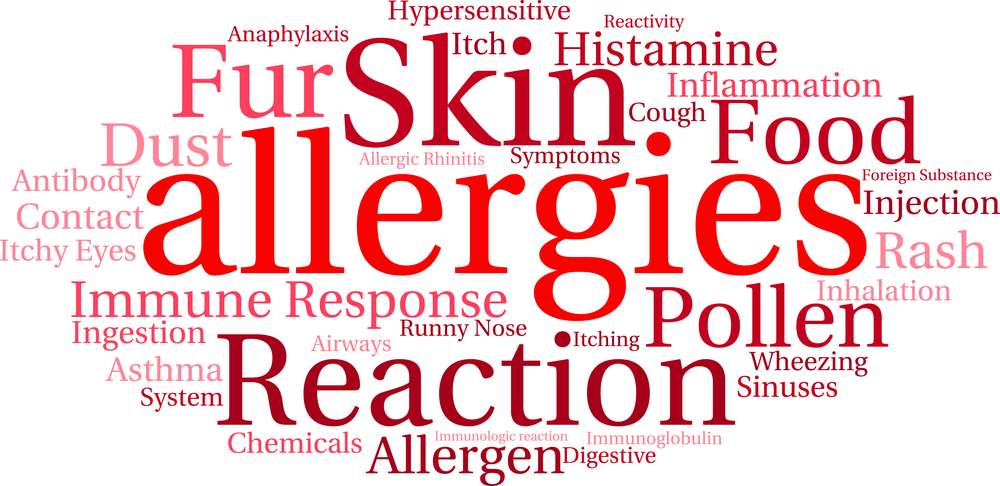Direct-To-Consumer Genetic Tests For Health & Wellness Assessments
Direct-To-Consumer Genetic Tests For Health & Wellness Assessments

Direct-to-consumer genetic test kits and services like 23andMe and Ancestry.com are a popular way to identify your ancestral history, but the data may also reveal whether you are at risk for specific diseases and conditions, like Alzheimer’s disease, heart disease, and even cancer. Also what may be revealed is your potential genetic predispositions for allergies or weight gain, as well as an indication of how well suited you are to receiving hormone therapy or if you have Lyme disease.
Understandably, people want to explore their own medical data, and Direct-to-consumer genetic tests are one way to begin to understand some aspects of your current and future health. At Serenity, we can “pick up” where most of the Direct-to-consumer genetic tests end and investigate the complex biological details of an individual’s data, using it for effective diagnosis and tailor-made treatment(s).
Click on the healthcare space for a deeper dive into how your Direct-to-consumer genetic tests can be applied to:
Hormone Therapy
Lyme Disease
Allergies
Men’s Health
Weight Loss
So just as genetic testing is used for standard prenatal screening for certain genetic syndromes that can affect the health of the baby; it can also be used by clinicians to determine the cause of certain problems and illnesses known to be related to genetic syndromes. Your gene structure dictates how your body grows and regulates and when genes are normal, they work properly. When genes are abnormal or damaged, they can lead to disease. These are called gene mutations, or changes. Some changes run in families (hereditary), and some happen by chance.
While a gene mutation can be the sole cause of disease, most diseases occur from a mix of genetic and environmental factors. Nonetheless, we can examine your genetic makeup and discern how predisposed you are to certain health issues and or associated with conditions that have a broader range of triggers such as diabetes, heart disease, or cancer. Thus, there are several reasons why you might want Serenity to take your direct-to-consumer genetic test further:
- To diagnose a health condition or a type of disease.
- To determine the cause of a health condition or type of disease.
- To determine treatment options for a health condition or type of disease.
- To find your risk of getting a certain disease that possibly can be prevented.
- To find your risk of passing a health condition or disease to your children.
- To screen your embryo, fetus, or baby.
Perhaps the two most common purposes people have in expanding upon their Direct-to-consumer genetic test is to help in
(1) Diagnosis — for example, where the cause of a range of symptoms or conditions cannot be pinpointed by any other means; and
(2) to Assess Risk — someone’s genetic makeup can show their susceptibility to suffer certain illnesses, like heart disease, stroke, Hormone screening, and cancer. Possessing this knowledge means you can manage the risk through medicines, medical intervention, or making positive lifestyle changes.
Popular Healthcare Applications of Direct-to-Consumer Genetic Tests
Hormone Therapy
As women age, deficiencies of estrogen, testosterone and progesterone (among other hormones) can cause women to experience hot flashes, weight gain, decreased libido, insomnia and many other symptoms. Most women who experience symptoms of hormonal imbalance are candidates for Bioidentical Hormone Replacement Therapy (BHRT), but a history of certain medical conditions may prevent you from being able to use this treatment. BHRT is a treatment in which hormones are returned to the body. The bioidentical hormones we use are exact replicas of the hormones your body produced when you were younger. Because these hormones are made of the identical chemical structure to what is already in your body, they have very few side effects when reintroduced to your system. However some research has shown that hormone replacement therapy may increase the risk for certain conditions and diseases, including blood clots, stroke, gallbladder disease, heart disease and breast cancer. To determine your candidacy to receive BHRT therapy our analysis can consider your unique genetic makeup, rather than comparing your hormone levels to the average of the general population.
Lyme Disease
Ticks are notorious parasites and vectors of human and animal pathogens, transmitting a greater diversity of infectious agents than any other group of blood-feeding arthropods. Ticks are responsible for serious physical damage to the human host, including blood loss and toxicosis. There are gene sequencing approaches that have revolutionized genomic medicine and enabled rapid diagnosis for several diseases. These approaches are widely used for pathogen detection in several infectious diseases including Lyme disease. Lyme disease affects multiple organs and the causative organism is a spirochete, Borrelia burgdorferi, which is transmitted by ticks. Lyme disease can be treated easily if detected early, but its diagnosis is often delayed or is incorrect leading to a chronic debilitating condition. Commonly diagnostic tests for Lyme disease rely on detection of antigens derived from B. burgdorferi, which are prone to both false positives and false negatives. Instead of focusing only on the human host for the diagnosis of Lyme disease, we can consider your unique genetic makeup in an attempt to identify the vector (tick) and the causative organism carried by the tick (spirochete, Borrelia burgdorferi).
Weight Loss
Does your extra weight keep finding you over and over again, no matter how much effort you put in? Your genes may have an answer for it. Genetic testing may reveal as to why your efforts to lose weight has been failing you. Genetic factors influence how your body processes certain nutrients and this may have a direct or indirect effect on weight loss or weight gain. For example vitamins play important roles in bodily functions such as metabolism, immunity, and digestion and we examine your genes to discover whether you have a predisposition for deficiency in essential vitamins — including vitamins A, C, D, E, K and B vitamins (such as riboflavin and folate). Also genetic variations impact your digestion and metabolism of fat, sensitivity to trans fats, and even the effectiveness of low-fat diets. The metabolization of carbs, fat, and protein is unique to your body’s enzymatic and hormonal processes. Your genetic makeup strongly influences what works best for sustainable weight loss. With genetic testing we can determine if you have metabolic issues, discern a diet that is more effective for you and your unique physiology and set you up for a weight loss plan that works.
Allergies
Using your unique genetic makeup we can discover any genes that may contribute to allergies from indoor to outdoor allergens, food, and more. Be mindful a food allergy reaction occurs when your immune system overreacts to a food or a substance in a food, identifying it as a danger and triggering a protective response. Food allergy symptoms are most common in babies and children, but they can appear at any age and you can suddenly even develop an allergy to foods you have eaten for years with no problems. And although many substances in dust can trigger allergic symptoms, the most important indoor allergens are dust mites, pet dander, cockroaches, and molds (unlike seasonal outdoor allergies such as hay fever and pollens, indoor allergies may last all year long). Also you may have chemical sensitivity that can be triggered by toxic waste sites, basements, ventilation systems, industrial emissions, mold, bacteria, golfing (pesticides), painting, plastics, dentures, hearing aids—even jewelry. Your potential genetic predispositions for various food, indoor, outdoor, and chemical allergies can be discerned starting with your direct-to-consumer genetic test.
Men’s Health
Genetic testing makes it possible to check for a number of issues that could affect your health or the health of your children. Hormonal and metabolic abnormalities in men can produce a number of undesirable affects, such as weight gain, hair loss, fatigue, decrease sex drive and mood disturbances. In many men, their genetic inheritance has altered the way they process hormones such as testosterone. Replacing testosterone has become commonplace in today’s medicine, however, without knowing your genetic make-up, hormone replacement can be less effective or, in some cases, potentially dangerous. Early detection of gene mutations enables us to plan for more aggressive screening options and greater chances of successful treatment(s), including in the case of cancer. We encourage men to take their health into their own hands and proactively make lifestyle changes before life forces them to with the help of our genetic analysis and personalized nutrition and supplement recommendations.








